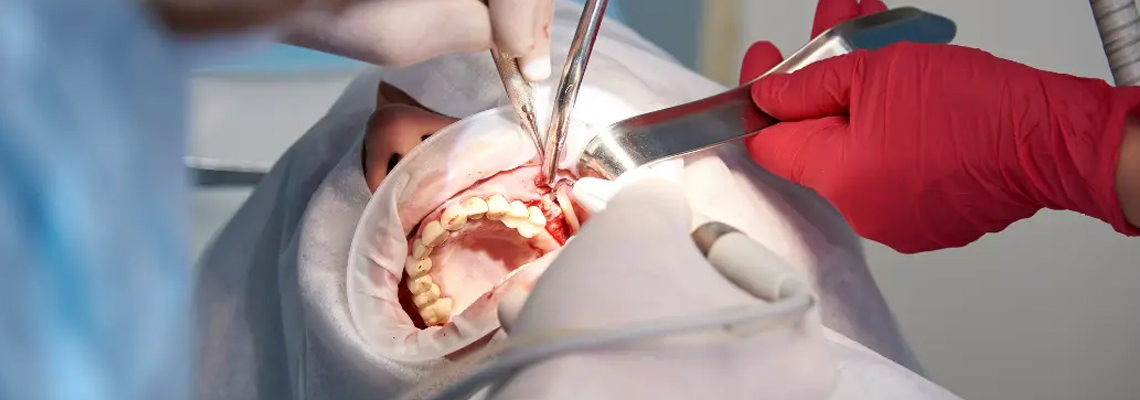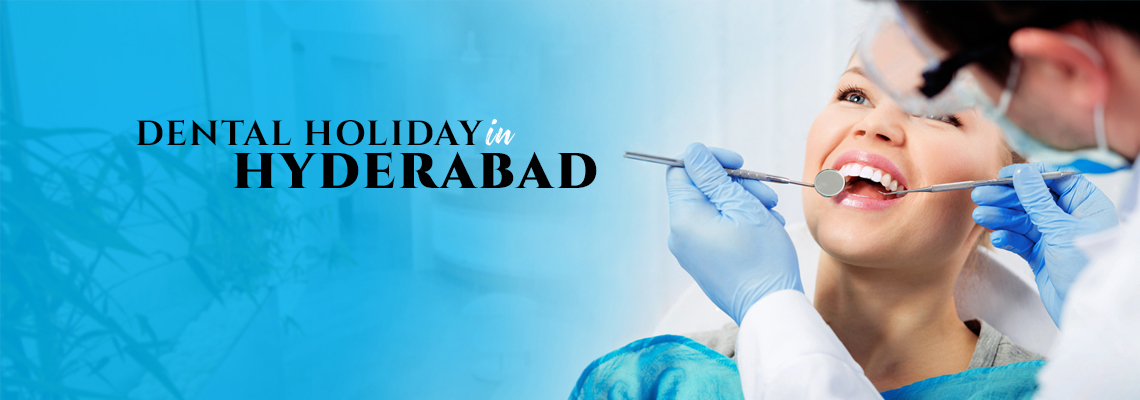When it comes to maintaining oral health, brushing and flossing are universally known essentials. But did you know that chewing gum—yes, the kind you might pop into your mouth between meetings or after a meal—can actually support your dental health in some surprising ways? Not all gum is created equal, though. Choosing the right type makes all the difference between protecting your teeth and harming them.
The Science Behind Chewing Gum and Oral Health
Chewing gum stimulates saliva production in the mouth. Saliva is your mouth’s natural defense mechanism—it helps neutralize acids, wash away food particles, and keep oral tissues moist. An increase in saliva flow helps buffer the acids produced by bacteria in plaque, which are a major cause of tooth decay. In this way, chewing sugar-free gum after meals can contribute to better oral hygiene, especially when brushing isn’t immediately possible.
Saliva is also rich in minerals like calcium and phosphate, which help to strengthen tooth enamel. When you chew gum, the increased flow of saliva can assist in the remineralization process, protecting your teeth from early stages of decay. It’s no substitute for brushing and flossing, but it certainly adds another layer of defense.
Chewing Gum for Fresher Breath and Cleaner Teeth
Gum also provides an instant freshness boost. While this might seem purely cosmetic, fresher breath is more than just pleasant—it can reflect a cleaner mouth. When gum contains antibacterial agents like xylitol, it does more than just mask odors. Xylitol actively interferes with the growth of Streptococcus mutans, the bacteria primarily responsible for tooth decay.
Xylitol is a sugar substitute that not only adds sweetness without the risks of sugar but also disrupts bacterial metabolism. This means bacteria in your mouth can’t effectively process xylitol, so their growth slows down. Over time, this can contribute to a healthier oral microbiome and fewer cavities.
Choosing the Right Gum for Your Teeth
The benefits of chewing gum depend largely on the type you choose. Traditional sugary gums may taste good but can be detrimental to dental health. Sugar feeds harmful bacteria, increasing acid production and promoting enamel erosion. On the other hand, sugar-free gums, especially those sweetened with xylitol, are a far better choice.
It’s also worth noting that gum should be avoided by those who have jaw joint problems, such as temporomandibular joint disorder (TMJ), unless otherwise advised by a dentist. For everyone else, moderate gum chewing with the right type of gum can be a smart addition to daily oral care.
Dentists often recommend sugar-free gum after meals when brushing isn’t possible. It’s not meant to replace your toothbrush, but to complement your oral hygiene routine. Look for brands approved by dental associations, as these typically meet standards for being effective and safe.
A Simple Habit with Lasting Benefits
Who would have thought that a simple stick of gum could do so much for your smile? From boosting saliva flow and reducing harmful bacteria to strengthening enamel and improving breath, chewing the right gum can offer real oral health benefits. As with anything, moderation and the right product choice are key.
So next time you reach for a piece of gum, make it a mindful decision—one that doesn’t just freshen your breath but also supports a healthier, stronger smile.
Are You Looking For Dental Implants
Click on the links below to learn more about the approximately $50,000 savings option for Dr. Motiwala’s packages.
- Full mouth dental implants & Cost of Treatment
- Smile Makeover & Cost of Treatment
- Watch 100’s of Testimonials from our International Patients
Make An Appointment!
Please contact us if you have dental difficulties or are interested to know about dental implants and how they might improve your smile. Dr. Motiwala Dental Clinic & Implant Center may be reached at +91 99596 14584. You can also Contact Us by clicking the banner below.























